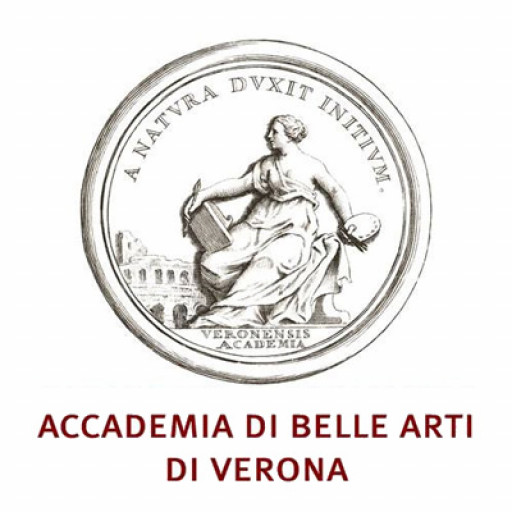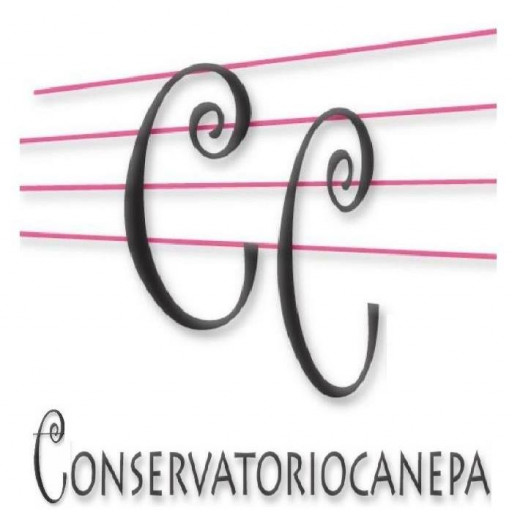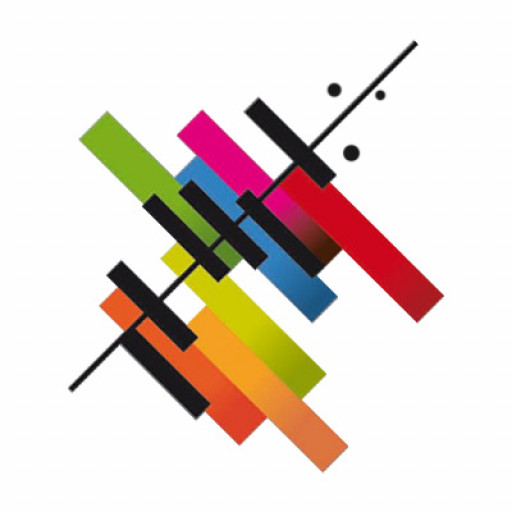Photos of university / #northwesternu
The Master of Fine Arts (MFA) in Directing at Northwestern University is a comprehensive, immersive program designed to prepare students for professional careers in theatre directing. This rigorous program emphasizes both the artistic and practical aspects of directing, providing students with the skills, knowledge, and experience necessary to bring compelling theatrical productions to life on stage. Throughout the curriculum, students engage in an intensive exploration of dramatic literature, staging techniques, actor directing, and production management, fostering a deep understanding of the entire theatrical process.
Students in the MFA Directing program benefit from close mentorships with experienced faculty members who are active professionals in the field. The program emphasizes a collaborative approach, encouraging students to develop their unique directorial voices while learning to work effectively with designers, playwrights, actors, and production teams. Practical coursework includes directing scenes and full-length plays, participating in workshops, and taking part in class critiques that refine their artistic judgment and communication skills.
Northwestern’s location and connections within the vibrant Chicago theatre scene offer students numerous opportunities for internships, residencies, and real-world experience. The program also emphasizes research and critical analysis, enabling students to contextualize their work within contemporary theatre trends and histories. Graduates of the MFA Directing program leave with a diverse portfolio of productions and a professional network that supports their continued growth and success in the field.
Designed to cultivate creators who are thoughtful, innovative, and versatile, the Northwestern MFA in Directing prepares students to assume leadership roles in theatre companies, regional theatres, and beyond. By combining artistic excellence with practical expertise, the program aims to shape the next generation of influential theatre directors capable of inspiring audiences and transforming the theatrical landscape.
The MFA in Directing program is a terminal degree based on nine quarters of full-time study, with a minimum course of three classes each quarter. Students in the program are expected to complete all coursework for the degree in three years, with up to two additional years to complete the written thesis and the accompanying oral defense.
The program focuses on four categories of core study: Artistic Collaboration, Theatrical Storytelling, Theater History and Context, and Civic Engagement. Through these lenses, we seek to develop:
- Foundational knowledge from which the director develops a fuller body of practice, including text analysis, aesthetic styles, and the historical and cultural function of theatre
- A developed and articulated point of view that sets a production apart and which is informed by a text's political, social, cultural, and historical implications
- Constructive and practical leadership of an artistic and collaborative team
- The ability to articulate one’s individual, informed, creative vision
- Fluency in the language of acting, playwriting, and design, including the development of a powerful visual vocabulary
- Exposure to and experience in contemporary community engaged practices, with a special focus on the growing field of Civic Practice
Core courses include:
Text Analysis, Director/Designer Collaboration, History of Directing, Dramaturgy, Theatre History, Advanced Directing Seminars, Master Classes in Civic Practice, Rehearsal Techniques, Alternative Performance, Physical theatre, Direct Address from the Stage, and a special, multi-faceted sequence of courses that hone theatrical storytelling techniques, including Devising, Theatrical Adaptation, Site Specific Theatre, and Toy Theatre. Course work in this program focuses on a variety of contemporary aesthetic approaches, while steadily developing creative leadership, clear spoken and written articulation of directorial point of view, and informed awareness of the theatre artist’s powerful role in a greater social and community context. Electives and special topics courses include a wide variety of offerings in Performance Studies, Theatre History, Art History, Comparative Literature, and many other fields; students often choose their later courses to complement the development of the thesis.
Productions and Thesis
Completion of the MFA degree culminates in a written thesis and oral defense. The written thesis reflects on the student’s three independent directing projects, one staged each year in the program, and each of which has equal weight in the thesis development process. Our facilities include two black-box theatres, two main stages, and a complete costume and scene shop.
The first-year directing project is a Classroom Workshop production that takes place in a simple space with no design, and focuses on a theatrical question of particular interest to the student. The student then explores this question through production work with actors, negotiation of spatial relationships, understanding and application of basic principles of design, development of storytelling and text analysis techniques, and discussion with faculty and professional mentors. Students document this process through a journal, a detailed production notebook, and a written paper.
In the second year, students each direct a Studio production that is performed in one of the Department of Theatre’s two black box spaces as part of the MFA Lab Series. This production is born out of the Collaboration: Contemporary Drama class, in which each director is teamed with a group of MFA designers with whom they move through the entire pre-production process of a larger-scale performance with the support of faculty and professional mentors. Again, students document the process via a journal, production notebook, and written paper.
Assuming successful completion of all course and production requirements, the third-year production becomes part of the Mainstage Wirtz Center for the Performing Arts season, where student directors fully participate in the experience of directing/programming for a major theatre. In their third year, students meet with the thesis advisor in preparation for presenting the written portion of their thesis, which provides a comprehensive and clearly articulated overview of the documentation of the last three years. Once the written portion of the thesis is submitted and approved, it is followed by a visual presentation and oral defense.
In addition to the three required directing projects, other production opportunities available are sometimes available within the Department of Theatre; the Director of the program determines such assignments.
All work is produced in the Wirtz Center for the Performing Arts, which contains four performance spaces:
- The Ethel Barber Theatre - 439 seat, thrust stage
- The Josephine Louis Theatre - 369 seats, proscenium stage
- Two experimental lab theatres - 150 seats, black box spaces
Requirements
- Two official transcripts (bearing registrar's signature and/or the institution's seal) from each post-secondary institution attended, documenting all courses taken (within or outside a degree program), grades received, and degrees earned.
- A one-page statement of purpose, explaining your current goals, career plans, and reasons for selecting theatre as a major field of graduate study.
- Documentation of theatre work, i.e., reviews, portfolio designs, promotional materials, or production photos that do not need to be returned.
- Official TOEFL scores for international applicants whose native language is not English. The Educational Testing Service will send official scores directly to Northwestern University's Graduate School. Use the institutional code 1565.
- International students wishing to be considered for teaching assistant appointments during any year of study in the Graduate School, must score at least 50 on the Test of Spoken English (TSE) or 50 on a SPEAK test administered after June 1996. These tests are administered by the Educational Testing Service and given at test centers worldwide.
Scholarships
Financial support in the form of production assistantships is given to all students in the MFA programs. Assistantships include a full tuition waiver for all three years and a partial stipend. Students fulfill requirements for assistantships through a variety of assignments in the Theatre Center as project directors, project supervisors, shop supervisors, teaching assistants, instructors for introductory directing courses, and production management assistants.
The Northwestern University School of Communication offers a comprehensive program in Directing that prepares students for professional careers in theatre, film, and digital media industries. This program emphasizes both practical skills and theoretical knowledge, providing students with a well-rounded education that fosters creativity, technical expertise, and leadership abilities. The curriculum includes courses in script analysis, stage management, acting, and visual storytelling, along with hands-on productions that give students real-world experience in directing various types of media. Students have access to state-of-the-art facilities, including scene shops, costume studios, and digital editing suites, which support their technical development. The program encourages collaboration across disciplines, allowing students to work with peers in acting, design, and production to create integrated performances and visual storytelling projects. Faculty members are experienced professionals with extensive industry backgrounds, ensuring that students receive mentorship aligned with current industry standards. The program also provides opportunities for internships and industry engagements, helping students build professional networks and gain practical work experience. Graduates of the directing program at Northwestern University have gone on to successful careers in theatre companies, film production, television, and digital media content creation. The program is designed to cultivate innovative thinking, strong storytelling skills, and the ability to adapt to evolving media landscapes, preparing students to become leaders in their respective fields. The university's location in Evanston, near Chicago, offers additional advantages, including proximity to a vibrant arts scene and myriad cultural institutions. Overall, the Directing program at Northwestern combines rigorous academic coursework, practical training, and professional opportunities to equip students with the skills necessary to succeed as professional directors.










